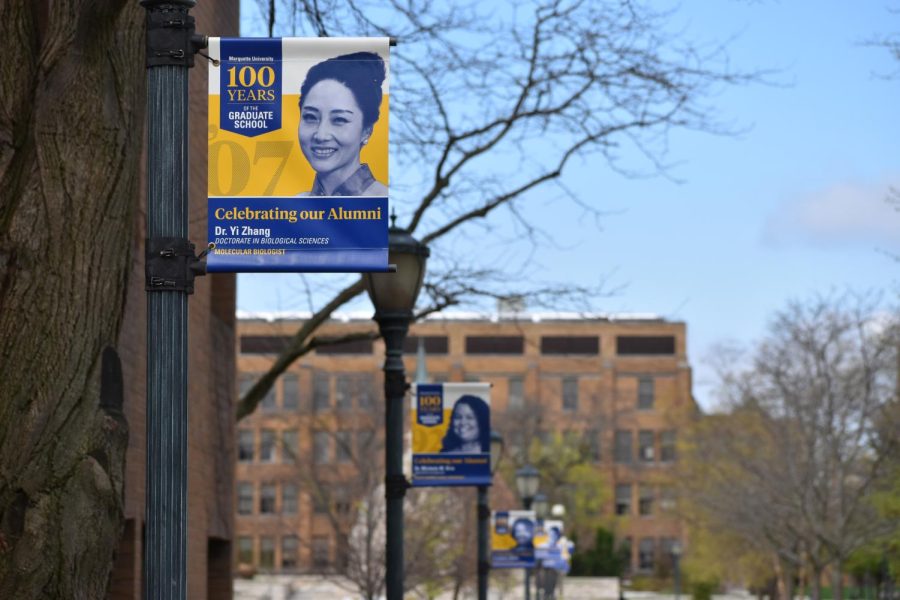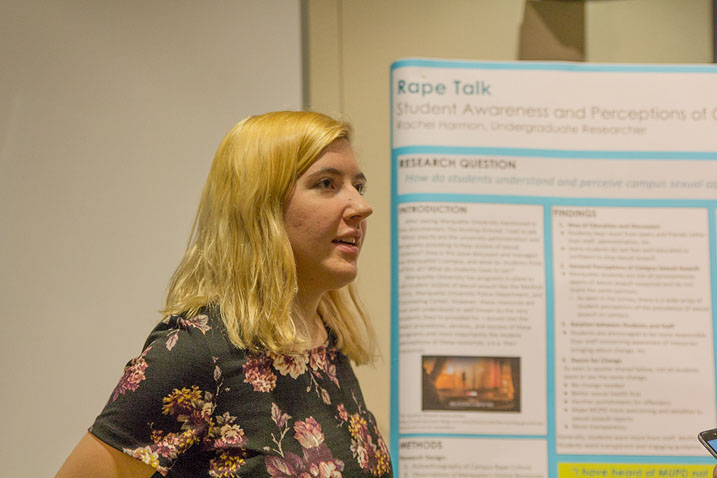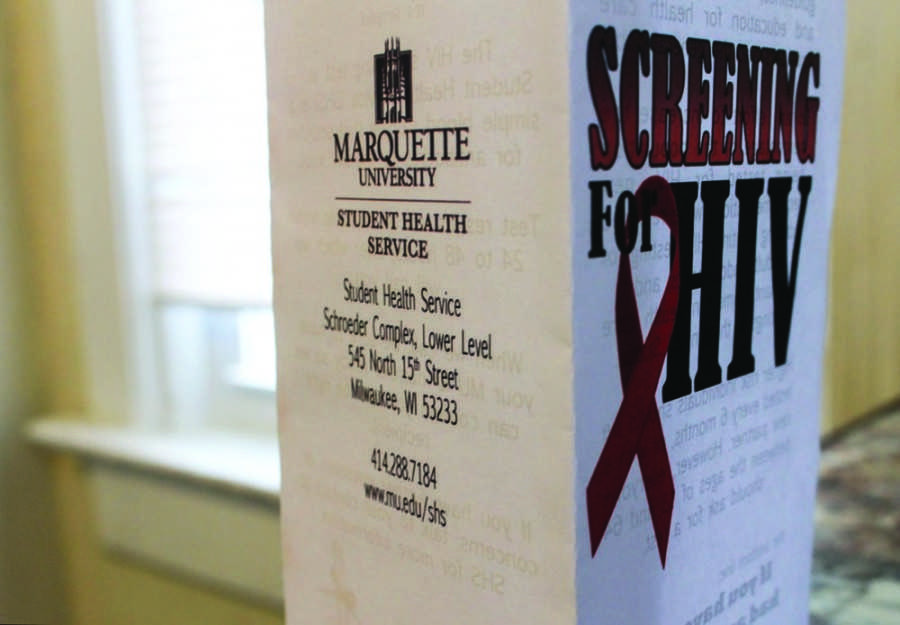“Cura personalis,” the trademark Latin phrase of Marquette and other Jesuit institutions, translates to “care for the entire person.” Translating the phrase to English is simple, but the translation of “cura personalis” into sexual health on Jesuit campuses is not as easy.
The Second Vatican Council said sex is meant to transmit human life through a mutual self-giving of spouses.
Student groups at some Catholic institutions across the country believe “cura personalis” includes providing contraceptives to students.
Jessica Tarny, a sophomore at Boston College, is a member of BC Students for Sexual Health, a student group whose mission is to work for health education and resources on campus and engage with the health of the whole person.
“We focus on providing sexual health resources for students,” Tarny said.
The group started in February of 2009 when the Undergraduate Government of Boston College surveyed its students on whether the college should provide more information and services on sexual health to its students. Nearly 90 percent of the student body said Boston College should offer more services.
BC Students for Sexual Health holds discussions and educational programming and also distributes condoms.
Though the program may seem radical for a Catholic campus, Boston College is not the first Jesuit institution to have such a group of students. Georgetown University has a similar group, Hoyas for Choice. Neither student group is officially affiliated with its respective university because of the groups’ conflicting stances with Catholic teaching. Marquette does not have any student groups dedicated to sexual health, either affiliated or unaffiliated with the university.
The BC Students for Sexual Health website says, “we seek to implement a distribution method similar to Georgetown, where an unrecognized student organization has appointed captains in each dorm where it is widely known that condoms are available; the administration at Georgetown has chosen neither to condemn the group and its actions nor support it.”
Tarny said the group must work off-campus because they are not allowed to host events on campus, which makes starting conversations with students difficult.
Jennifer Beste, associate professor of theology at Xavier University, researches the “hook-up culture” on her campus. Beste said she thinks universities are at the cusp of attending to what students really want in sexual health education. Xavier is also a Jesuit university located in Cincinnati, Ohio.
“Students wanted to change,” Beste said. “But some really struggled. Students need a deeper grounding.”
Beste’s research started in 2005 when students in her Christian sexual ethics course said they wanted to focus on the hook-up culture, which led her to interview and work with students about why the culture exists.
Beste turned to Ignatian spirituality, which takes time to reflect everyday on the positive and negatives of life, and gave students a safe space to talk about sexuality.
Beste said she facilitated a discussion that was more than simply, “Catholicism says no premarital sex.”
She said sexual education should provide both values and a discussion.
“I want to empower people to not settle,” Beste said. “We don’t live in a social context where people are respected for waiting (to have sex).”
Beste said she is not sure if there is a difference between sexual health on Jesuit and non-Jesuit campuses.
“Jesuit universities have a lot of work to do before they can say, ‘We have addressed and integrated sexuality and cura personalis on our campuses,’” Beste said.
Currently, Beste is in the process of surveying students to assess the success of her program.
Laurel Bauer, media relation coordinator at Xavier, said statistics about Xavier’s sexual culture generally mirror the averages in the National College Health Assessment. Nationally, 71 percent of college students have been sexually active within the last year and 56.8 percent used contraception the last time they had vaginal intercourse, according to the NCHA.
Amy Melichar, coordinator of health education and promotion at Marquette, said Marquette does not compare its data on sexual health or students to other universities.
Beste said she thinks that Jesuit universities need to work together to address sexual health on campuses. She also said she thinks sexual health education and discussion need to be campus-wide initiatives.
“For social change to happen, it’s got to come from a student movement supported by faculty,” Beste said.
Some Catholic universities across the country have, despite church teaching, promoted the use of contraceptives.
Villanova University — a Catholic, though not Jesuit, university — advocates for abstinence before marriage. However, the school does encourage its sexually active students to use barrier methods to help prevent STIs and pregnancy if students do engage in sexual relations, according to their health center’s website.
On the University of San Francisco’s website, the Jesuit university provides a comprehensive list of methods of birth control and their effectiveness as well as signs and symptoms of common sexually transmitted infections.
Loyola University Chicago provides STI and pregnancy testing on campus for its students and HIV screening is free. Marquette does offer HIV, STI and pregnancy testing for a charge.
“A Catholic university is a good place to explore sexual health and what it means to you,” said Steve Blaha, assistant director of campus ministry. “It is the job of a Catholic university to help students answer those questions.”








mahrt • Mar 29, 2012 at 2:32 pm
It would seem that cura personalis, the care of the whole person, should include the broadest aspects of sexuality, that is, its role in procreation and its bonding effect for the sake of the family, and not just whether condoms should be issued indiscriminately.
dagbat • Mar 29, 2012 at 12:07 pm
Isn’t sexual health an oxymoron and a moral contradition coming from a Catholic institution that is supposed to teach that sex before marriage is wrong?